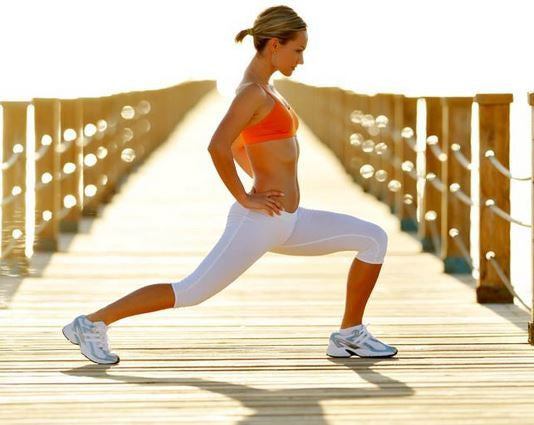Your Cart is Empty
1 YEAR WARRANTY ON ALL PRODUCTS - **Please Note No International Shipping Outside of the USA**
1 YEAR WARRANTY ON ALL PRODUCTS - **Please Note No International Shipping Outside of the USA**

It’s an unfair fact that some people burn kilojoules faster than others. But if a slow metabolism is holding you back, you can change it, says Melbourne-based exercise physiologist and motivational coach Mark McKeon. “Genetics are the most important factor in basal metabolic rate [or BMR, the amount of energy we expend while at rest] and there’s nothing we can do about that,” he says. “But building muscle, staying active and increasing the quality of food you eat all increase your BMR.”
Perhaps the number one strategy is increasing your muscle mass. “Muscle burns kilojoules at rest; fat does not. Muscle is eight times more metabolically demanding than fat cells. This is why lean but well-muscled people seem to be able to eat anything without putting on weight,” says McKeon. “The BMR of well-muscled people is like a raging inferno,” says Sydney-based exercise physiologist and personal trainer Carl Matthews.
He says that, on average, our BMR drops two per cent each decade, but building more muscle will combat creeping weight gain. “But it’s important to be assessed and listen to your body,” he says. “If you are unwell or stressed, you may need regular eight-hour blocks of sleep or a yoga class to help your BMR work more efficiently.” Interestingly, a 2000 study by Yale University researchers found that non-overweight women who are vulnerable to stress are more likely to have excess abdominal fat.
So getting enough relaxation time is probably also important for increasing your BMR. Of course, regular aerobic exercise and a healthy diet are also important for weight control. While BMR is calculated by attaching electrodes to your body and then finding out how fast electrical current runs through it – muscle is less resistant than fat – you can estimate your rate here BMR calculator.

Comments will be approved before showing up.